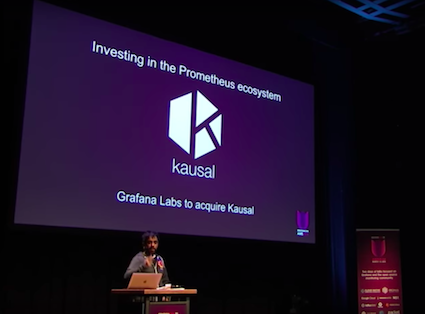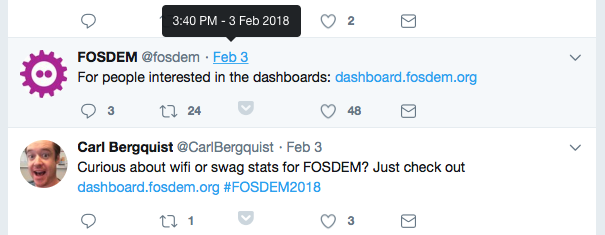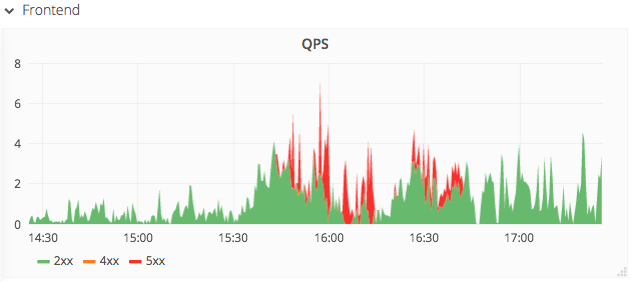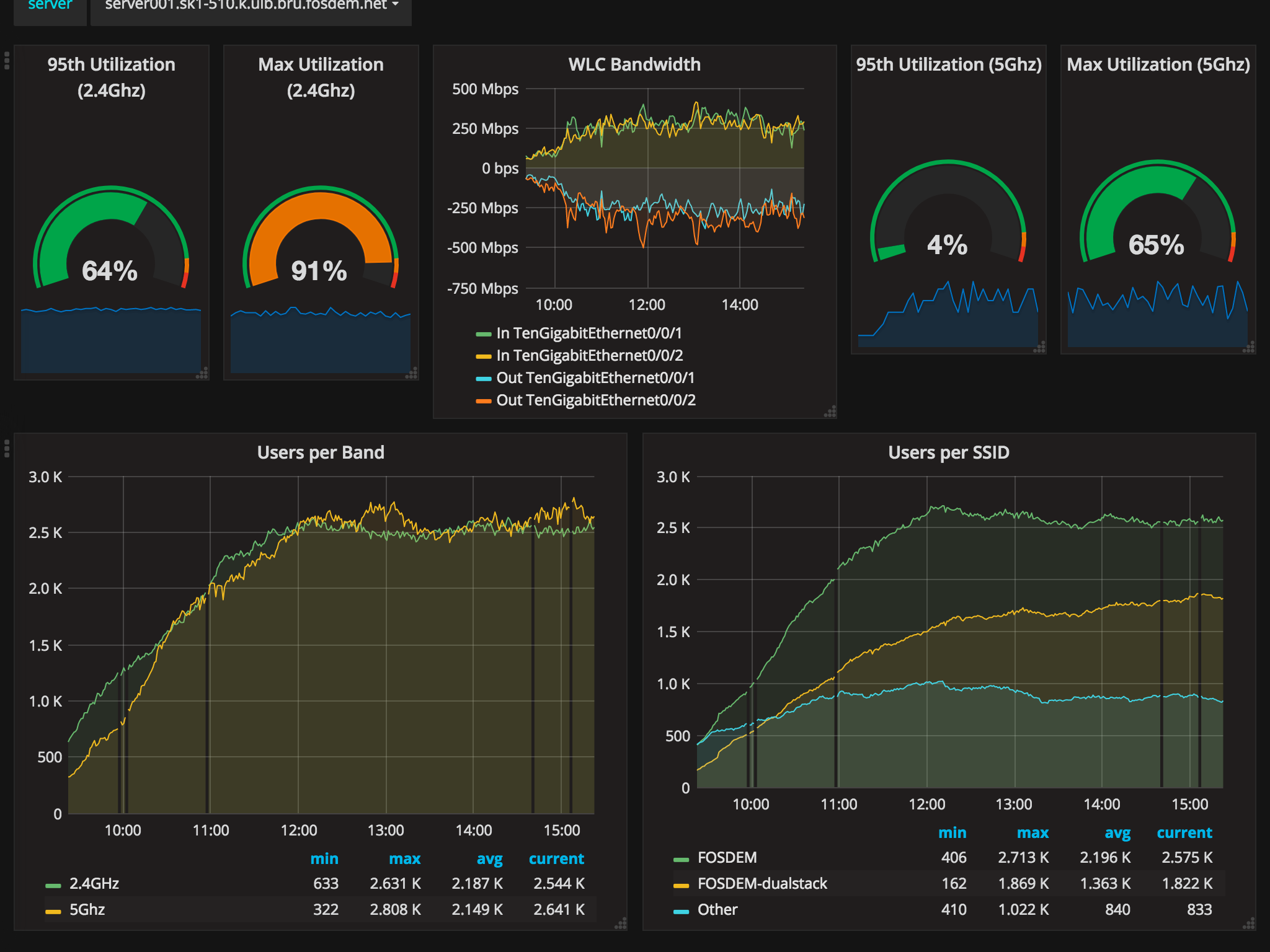Kausal to join Grafana Labs to bring Prometheus to the masses

GrafanaCon announcement on stage
We are excited to announce Grafana Labs has entered into a definitive agreement to acquire Kausal (Conference video of the announcement). Today we got a bit closer to fulfilling Kausal’s mission: To help developers better understand how their code behaves in production.


